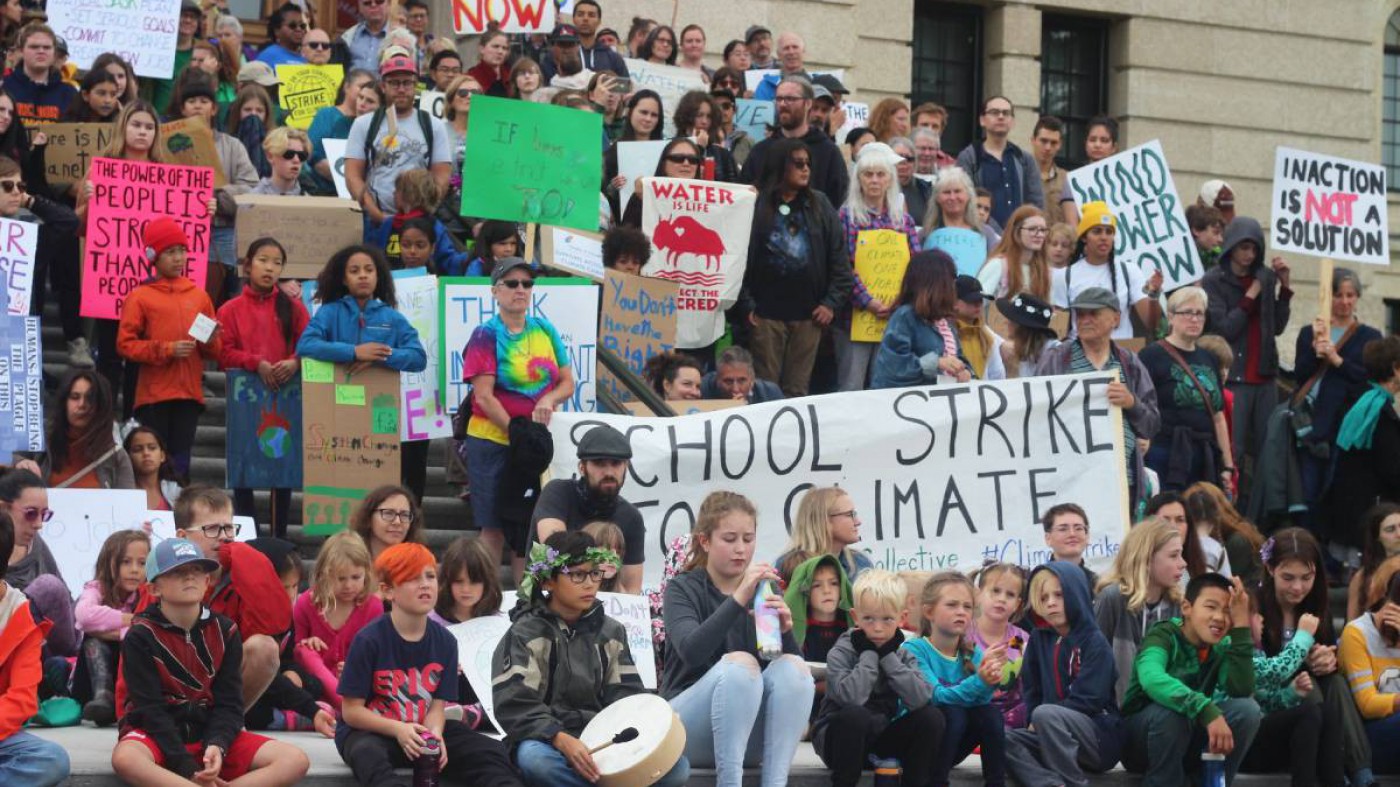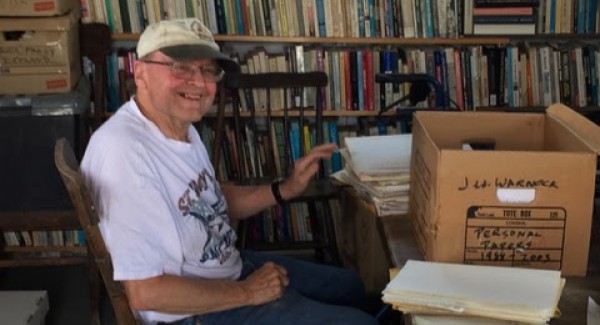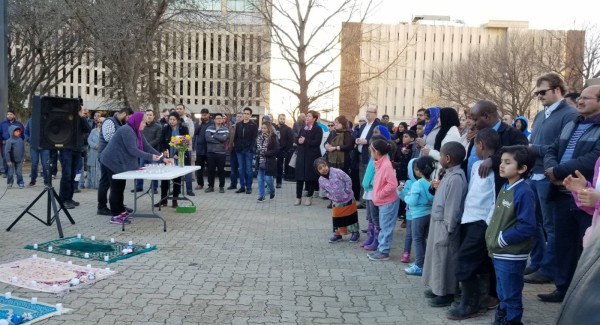The Sask Dispatch is looking for solutions journalism stories

On September 20, 2019, students and supporters gather outside the Saskatchewan Legislative Building for the Regina Student Climate Strike. Jeremy Davis/Flickr
We’ve received a $2,500 bursary from Journalists for Human Rights to fund stories about the concrete, tangible ways Saskatchewan people are responding to social and environmental problems in the province.
The bursary is supported through the Solutions Journalism Network and Journalists for Human Rights’ “Strengthening Media in Canada through a Rights-Based Solutions Approach” program. The Sask Dispatch is an independent, anti-colonial, anti-capitalist publication that provides a leftist perspective on Saskatchewan issues. The solutions journalism stories we’re looking for will centre those values.
What is solutions journalism?
Solutions journalism is reporting that looks beyond problems, offering insight into practical, effective responses to social and environmental issues. Good solutions journalism seeks out people and organizations that are working to solve problems and investigates their methods, identifies any shortcomings, and provides evidence of the impact they’re having.
What kinds of stories are we looking for?
The stories we’re looking for will be between 1,000 and 3,000 words. They’ll focus on issues affecting Saskatchewan people, and investigate potential solutions. These solutions can be local or global – meaning they may come from within the affected communities, or they may have been developed or implemented outside Saskatchewan. These stories will examine the tactics they’re using, the results they’ve gotten, and the problems that remain.
Community journalism workshops
To help you develop your story idea and write a pitch, the Sask Dispatch and Briarpatch will be running a series of three free online journalism workshops in April and May. You’re welcome to attend whether or not you’re planning on sending a pitch.
Tuesday, April 20 at 6 p.m. CST: What is Solutions Journalism? with Sara Birrell, Saima Desai, and Kimberley Hartwig (View event recording)
Wednesday, April 28 at 6 p.m CST: Holding Power to Account: Investigative Adventures with Trish Elliott (Facebook event / Registration)
Tuesday, May 4 at 6 p.m. CST: Storytelling in Indigenous Communities with Janine Windolph (Facebook event / Registration)
All workshops are free to attend, but there's a limit of 100 spots in each workshop, so register soon! Once you register, you'll be sent an email with a link to the Zoom meeting.
How to pitch
Pitches are due May 9, 2021. Please send pitches to pitch [at] briarpatchmagazine.com with the subject line “Solutions Journalism pitch.”
Your pitch should include what ground your contribution will cover, an estimated word count, and your relevant experience or background in writing about the issue. If you have not written for the Sask Dispatch before, please provide a brief writing sample.
Before pitching, take a look at some of the Sask Dispatch’s previous stories to see what we have recently covered. Please review Briarpatch’s guide to pitching to improve your pitch.
We’re committed to publishing more writers of colour, especially Black and Indigenous writers. If you’re a writer of colour who wants more support in crafting a pitch or developing an angle for your story, you can email a draft of your pitch to saima [at] briarpatchmagazine.com before April 26, 2021.
If your pitch is accepted, the first draft of your article will be due within one to two months, followed by an intensive collaborative editing process. Articles will be published throughout the summer and early fall. We reserve the right to edit your work (with your active involvement), and cannot guarantee publication.
We aim to reply to every pitch – including those we reject. However, because of time constraints, this isn’t always possible. If you don’t hear back from us within three weeks following the pitch deadline, please assume that we won’t be accepting your pitch.
Contributor rates
$300 – Feature stories (generally under 2,000 words)
$600 – Research-based articles and investigative reporting (generally over 2,000 words)
Reporting bursaries are supported by Journalists for Human Rights and the Solutions Journalism Network and made possible by funding from the McConnell Foundation.




